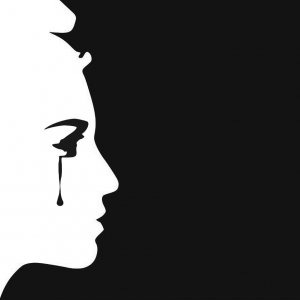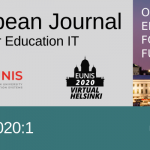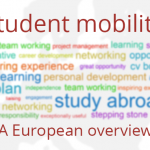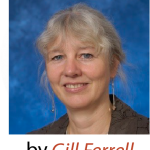 The following is an adaptation of the blog I wrote for a French Journal, Educpros, in a rush after the events of last Friday. It seems to me very important to show how the digital communication has played a crucial role in this night of nightmare.
The following is an adaptation of the blog I wrote for a French Journal, Educpros, in a rush after the events of last Friday. It seems to me very important to show how the digital communication has played a crucial role in this night of nightmare.
I went to bed quietly Friday night around midnight, without knowing anything. The news, at 8pm could not mention anything, of course.
Hopefully I was reading an e-book on my tablet when a message from an American friend from Philadelphia, whom I know through EUNIS, popped up. She wrote through Messenger, worrying about others and myself: “ Yves, Jim and I are hearing the news now. I am so sorry and praying for you […] and all of your country ». It was 6PM for her and these news were the headline. I fell from the clouds, I thought for a moment about a bad joke but radio and television have quickly made me understand the nightmare that we lived.
The assassins had not shot randomly, anyone. It is our youth that they attacked in a neighborhood that is theirs. Like many people I worried for my family, my children and my nephews and I immediately sent a series of SMS to find out more. But how to reach all my acquaintances and friends who could be out this Friday night? Facebook has been the response through its application, which asked all persons registered in the Paris area to report they were safe. Certainly not everybody registered in my Parisian address book was looking at Facebook but the number of people for whom I had reassuring news was impressive. The final touch came with WhatsApp. Three weeks ago, when traveling to Educause (I will report later on that), my group of 10 French people decided to use a list under WhatsApp to exchange, find ourselves at the exit of the conference, dinner together … This list worked again the next morning when we learned that a colleague who was at the Bataclan (the attacked theater) had come out safe and sound.
During the night we followed the news on television. Meanwhile I keyed on my tablet, shifting between Tweeter and Facebook to learn more. Of course, even if you must read this kind of news carefully and double check, how not to be moved by the calls offering hospitality to those fleeing terror, calls for blood donation and many others. How not to be comforted by seeing, on a video, at the TV, a person lying among many others, still possessing enough forces to call for help using his/her smartphone. All the messages comforting the wounded and the escaped, offerings of help of all sorts were the first manifestation of a great movement of solidarity, which warms the heart.
During all the weekend fell emails, from my French and foreign colleagues and friends from around the world, from Europe, the United States, from Japan, who were all concerned and begged me to convey their solicitude. The Web pages of newspapers around the world, photos posted on Instagram and elsewhere showed that we were not alone in our drama.
Through this quick post I wanted to show that the Web and the digital communication have played a major positive role in this event. I would like to emphasize that these means are part of our daily live and send a message to all the leaders of our universities, not just those in charge of communication, on the fact that they should be fully recognized on the campus. New technologies have entered the Higher Education. A lesson learned through these tragic events, is that it can do much more: it can be used to create real communities, what we lack most today.










